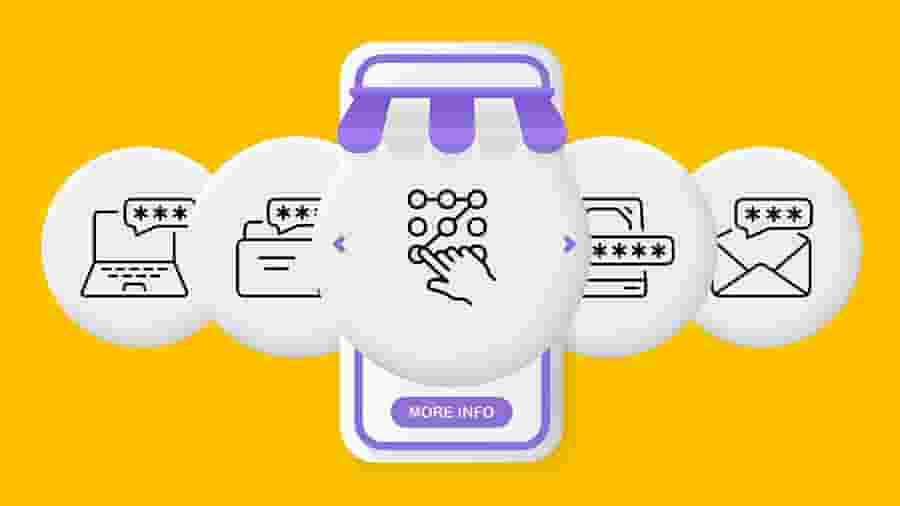Follow these tips to help keep your clients’ information safe and secure
Data security and privacy are paramount concerns for businesses across all industries, but they are particularly critical for accounting and bookkeeping practices. This is because every day, your firm deals with sensitive financial information, including personal and financial details.
As a result, a data security breach can have severe consequences, leading to financial losses, legal issues and a tarnished reputation. So robust data security and privacy systems are essential to ensure clients’ trust and confidence. Let’s explore some great guidelines accounting and bookkeeping firms can adopt to maintain data security and privacy.
















